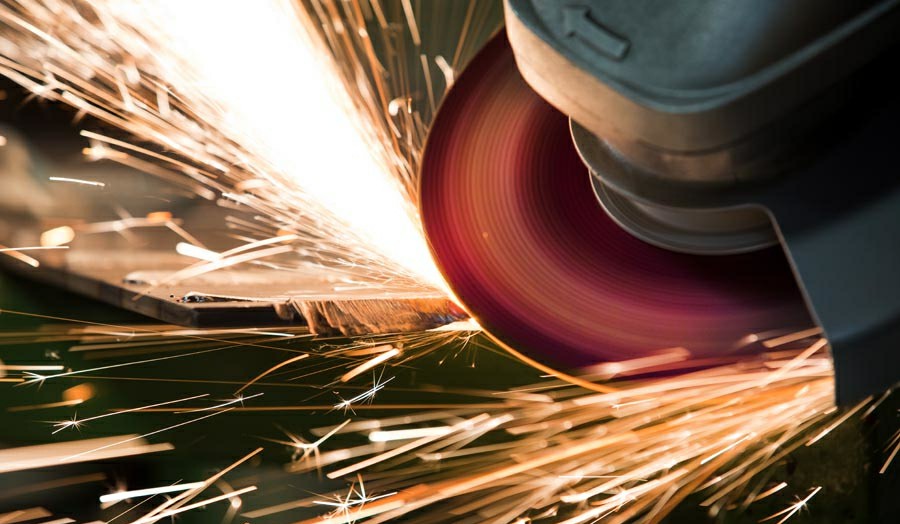Navigating the Risks of Abrasive Wheels: Essential Safety Practices for Irish Workplaces
Abrasive wheels play a crucial role in many industries, from metal fabrication to woodworking. However, the dangers they pose are significant. In this guide, we will explore the risks associated with abrasive wheels, common injuries, and the best practices for creating a safe working environment across major cities in Ireland including Dublin, Cork, Galway, Limerick, and Waterford.
Understanding Abrasive Wheels Risks
The use of abrasive wheels can result in serious workplace hazards if not managed effectively. Understanding these risks is the first step in preventing accidents:
- Wheel Breakage: Fractured wheels can shatter at high speeds, causing flying debris that can injure operators or nearby workers.
- Improper Usage: Misusing an abrasive wheel, including failure to mount it correctly, can lead to catastrophic failures.
- Lack of Personal Protective Equipment (PPE): Failing to wear appropriate PPE increases the likelihood and severity of injuries.
- Excessive Speed: Operating an abrasive wheel beyond its rated speed can result in wheel failure and injury.
Common Injuries Associated with Abrasive Wheels
Injuries related to abrasive wheels can vary in severity but often include:
- Cuts and Lacerations: Often from contact with the wheel or flying debris.
- Eye Injuries: Debris can cause serious eye damage without proper eye protection.
- Burns: Sparks and heat generated can lead to burns on skin and clothing.
- Hearing Loss: Prolonged exposure to loud machinery can result in hearing issues.
Importance of Proper Training
Proper training in safety protocols is vital to mitigate the risks associated with abrasive wheels:
- Abrasive Wheels Training Dublin: Employers in Dublin can enroll staff in local workshops that emphasize safe handling and usage.
- Abrasive Wheels Certification Ireland: Certification programs build competency and raise awareness of risks.
- Online Courses: Accessibility of abrasive wheels training online allows flexibility for organizations in Cork and Galway.
Comprehensive Safety Procedures
Implementing structured safety procedures can significantly reduce risks on-site:
- Regular Inspections: Conduct periodic checks on abrasive wheels for signs of wear or damage.
- Follow Manufacturer Guidelines: Always adhere to recommendations for mounting, speed limits, and operational procedures.
- Use Personal Protective Equipment: Ensure all employees wear appropriate PPE, including safety goggles, gloves, and hearing protection.
Real-World Case Studies
Examining past workplace incidents reveals how critical training and preventative measures can be:
- Case Study 1: A workshop in Limerick reported an incident where an untrained worker suffered lacerations due to improper use of a grinding wheel, underscoring the need for certified abrasive wheels training.
- Case Study 2: An accident in Cork involving wheel breakage highlighted the importance of regular inspections and following safety protocols.
Conclusion and Call to Action
In summary, the risks associated with abrasive wheels demand meticulous attention to workplace safety. Proper training, usage of PPE, and adherence to safety guidelines can significantly reduce the likelihood of injuries. We encourage employers and employees across Dublin, Cork, Galway, Limerick, and Waterford to enroll in our Abrasive Wheels Course to ensure compliance and maintain a secure working environment. For inquiries, contact us at [email protected].



 349,500 Offered Certificates
349,500 Offered Certificates
 24/7 Online Training
24/7 Online Training
 Money Back Guarantee
Money Back Guarantee
 Fully Accredited Courses
Fully Accredited Courses
